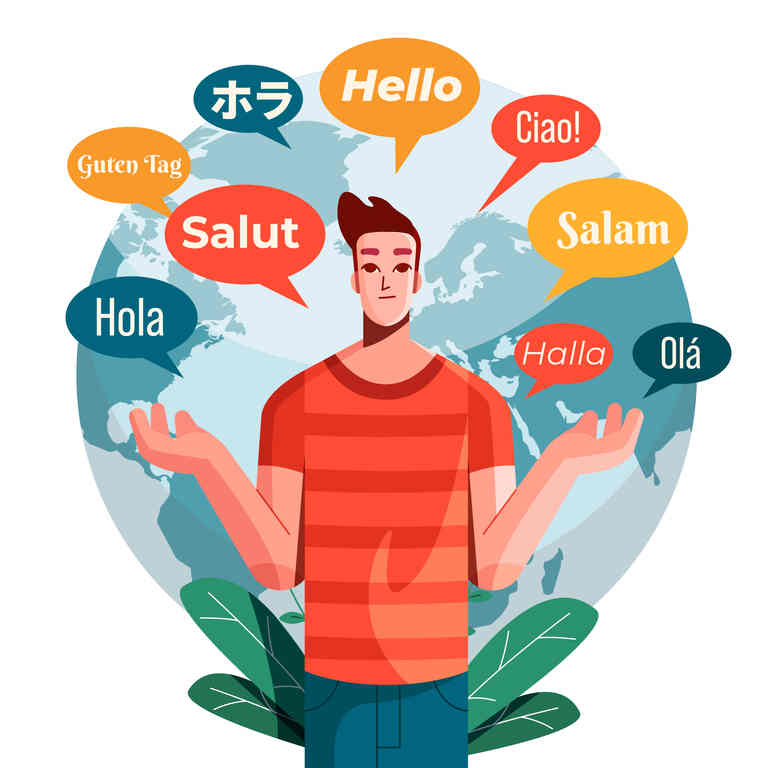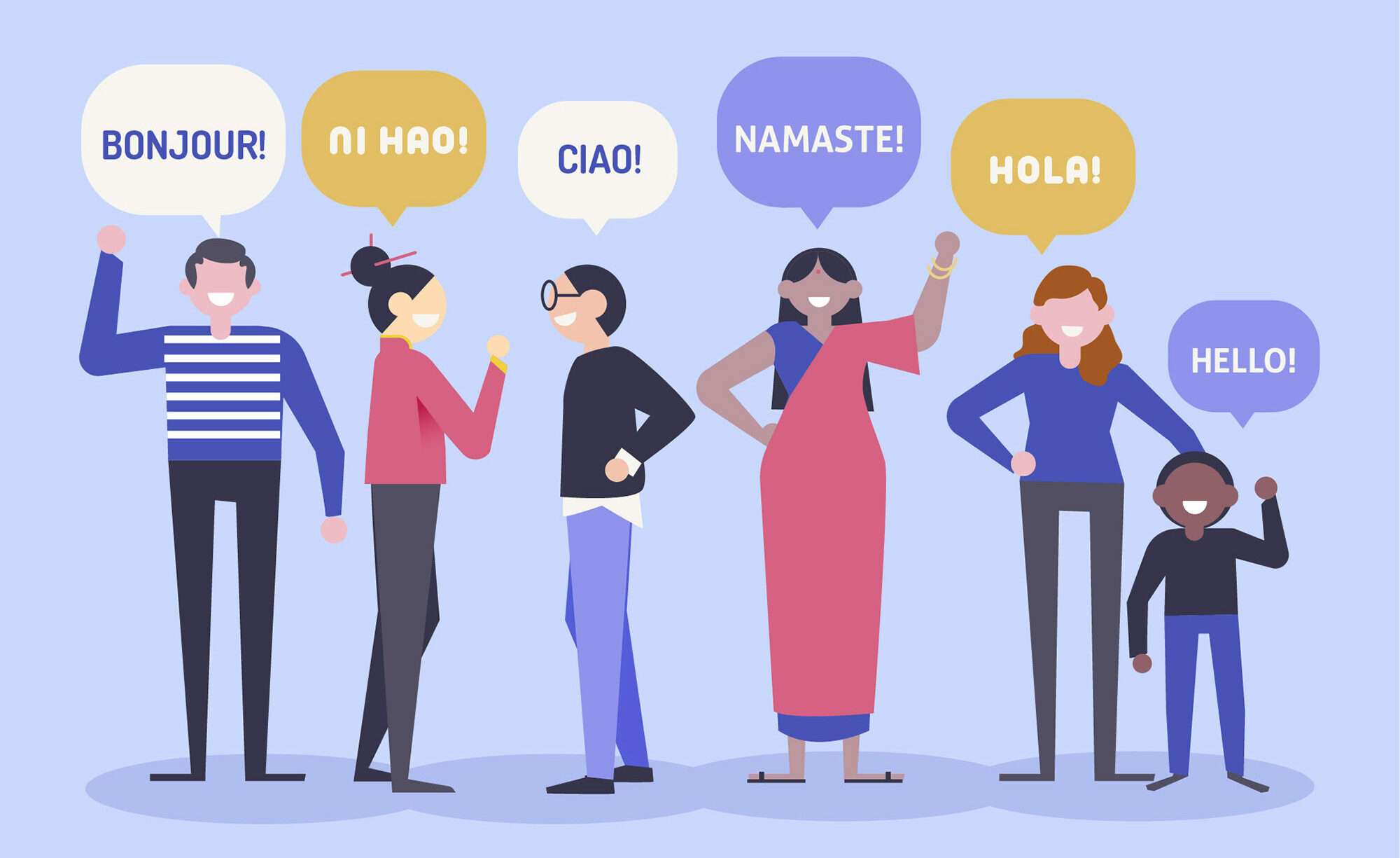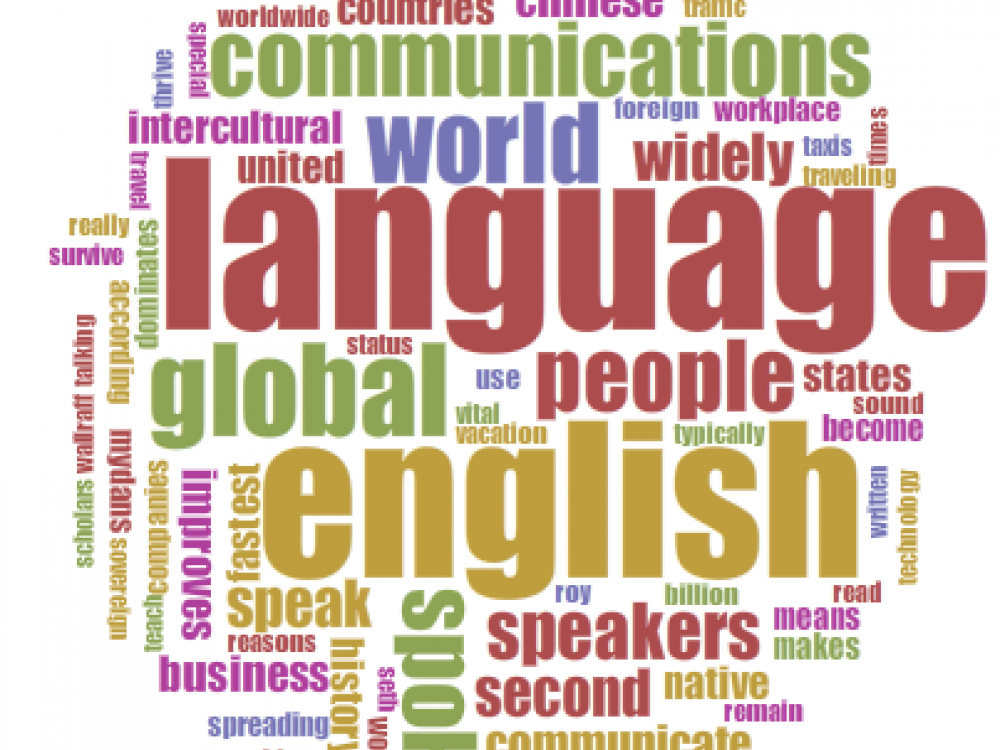Have you ever stopped to ponder the origins of names, particularly ones that seem to pop up in various places around the globe? It's a rather interesting thought, isn't it? When we hear a name like "Jules," a lot of us might automatically think of certain places or even famous stories. But what language is Jules, really? That's a question that gets people curious, and it's almost like peeling back layers to see what's underneath.
It's pretty common for names to travel, picking up new sounds and meanings as they go. A name that starts in one place can, you know, find its way into many different cultures and languages over time. So, when someone asks about the language of "Jules," they're often wondering about its first home, or maybe even what languages people named Jules tend to speak today.
This exploration isn't just about a single word; it's about how language itself connects us and how, in some respects, names carry little bits of history. As we look into the name Jules, we'll also touch upon how we figure out languages in general, especially with all the cool digital helpers we have these days, which, you know, can translate text, handwriting, photos, and speech in over 200 languages with the Google Translate app.
- Trenton Punk Rock Flea Market
- Michael Kidd Gilchrist Hornets
- Katy Perry And Orlando Bloom Paddle Board
- Sardis Pollo A La Brasa
- Green Meadows Farm Brooklyn
Table of Contents
- The Name 'Jules': Origins and Linguistic Pathways
- More Than Just a Name: Language and Identity
- Finding Out Someone's Language: Practical Steps
- Your Language Journey Continues
- People Also Ask
The Name 'Jules': Origins and Linguistic Pathways
Where Does the Name Come From?
The name "Jules" has a pretty clear path back through time, which is kind of neat. It's actually a French form of the Latin name "Julius," and that's where it all begins. The Latin "Julius" was a family name, like a clan designation, for a very old and powerful Roman family, the Julii. So, in a way, the name carries a piece of ancient history with it, which is rather fascinating.
The exact meaning of "Julius" isn't totally certain, but it's often linked to the Roman god Jupiter, or perhaps it means "downy-bearded," or "youthful." Over centuries, as languages changed and evolved, "Julius" became "Jules" in French. This transformation is a common thing for names as they move from one language to another, you know, taking on a slightly different sound.
While "Jules" is most recognized as a French name, it's also used in other places. For example, it's a common name in Dutch and Danish, too. In English-speaking countries, "Jules" might be used as a given name, but it's also a common nickname for "Julian" or "Julia," which, you know, shows its versatility. This global reach is part of what makes people wonder about its language roots.
- Ivy Rehab Physical Therapy
- Printemps New York Wall Street New York Ny
- How To Unfollow On Instagram
- John Mulaney Olivia Munn
- North Coast Music Festival
So, if you're asking "What language is Jules?", the most direct answer points to French, with deep roots in Latin. But it's important to remember that people named Jules today could speak any language under the sun. The name's origin gives us a hint, but it's not the whole story, as a matter of fact.
Here are some quick facts about the name 'Jules':
| Aspect | Detail |
|---|---|
| Primary Origin | French |
| Root Language | Latin (from 'Julius') |
| Common Gender | Male (French), can be used for females (e.g., as a nickname) |
| Meaning (Latin) | Possibly "downy-bearded," "youthful," or related to Jupiter |
| Notable Use | Widely recognized in French culture and literature |
| Global Presence | Used in various forms across Europe and beyond |
More Than Just a Name: Language and Identity
Why a Name Doesn't Tell the Whole Story
It's tempting to think that a person's name immediately tells you what language they speak, but that's not really how it works, is it? Just because someone is named "Jules" doesn't mean they speak French. People move, families come from different backgrounds, and cultures blend all the time. So, a person named Jules might be from, say, Brazil and speak Portuguese, or from Germany and speak German.
Think about it: many names cross borders, like "David" or "Maria." These names are used in countless languages, and the people who bear them speak a whole host of tongues. A name is just one piece of someone's identity, and it doesn't, you know, give you the full picture of their linguistic abilities. It's a bit like assuming everyone named "Smith" is a blacksmith, which, you know, isn't true anymore.
So, while the name "Jules" has a French and Latin lineage, it doesn't, by itself, tell you the language of the person carrying it. To figure out what language someone named Jules speaks, you'd actually need to hear them speak, or, you know, ask them directly. It's a simple truth, but it's often overlooked when we first meet someone.
How People Use Many Languages, Really
It's entirely possible that more than one language may be used appropriately in any given situation, or by any person. Many people today grow up speaking two or more languages, or they learn new ones later in life. This means someone named Jules could be fluent in French, English, Spanish, or even several languages, which is pretty common these days.
Our "My text" information highlights this idea, mentioning that language is a character-level property, conceptually similar to bold or italic. This means that within a single document or conversation, different languages can mix and mingle. For example, a person might use a French phrase while speaking English, or vice versa, which, you know, happens a lot in global communication.
This blend of languages in everyday life, whether in writing or speaking, really shows that language is a fluid thing. It's not always fixed to one person or one document. So, a person named Jules could be someone who naturally switches between different languages depending on who they're talking to or what they're doing, which is actually quite common.
Finding Out Someone's Language: Practical Steps
Listening and Observing, You Know
If you want to know what language someone named Jules speaks, the most straightforward way is to listen to them. Pay attention to the sounds, the rhythm of their speech, and the words they choose. Often, you can pick up clues pretty quickly just by being present in the conversation, which is a rather simple approach.
Another good way is to observe their surroundings. Are they reading a book in a particular language? Do they have signs or posters in their home or office that suggest a certain language? These small details can often give you hints without having to ask directly, which, you know, can be helpful if you're trying to be polite.
And, of course, the easiest way is just to ask them! Most people are happy to share what languages they speak. A simple "What languages do you speak?" is usually enough to get the answer you're looking for, which is, you know, the most direct path.
Using Digital Tools to Help Out
In our connected world, we have some truly amazing tools that can help us with language. If you come across text from someone named Jules, or any text for that matter, and you're not sure what language it is, there are ways to figure it out. Our "My text" information gives us some great ideas on how to use these digital helpers.
Google Translate: A Handy Helper
You can translate text, handwriting, photos, and speech in over 200 languages with the Google Translate app. This is a very powerful tool for figuring out what language something is in. You can also use translate on the web, which is pretty convenient for quick checks.
To use it, you just open Google Translate on your computer or phone. At the top of the screen, you select the languages to translate. You can choose a language or select "detect language." If you're not sure, "detect language" is your best friend, as it will automatically try to figure out what you've put in. This is a super quick way to get an answer about a piece of text, which is, you know, very useful.
If you have a document, you can go to Google Translate in your browser, and at the top, click "documents." You choose the languages to translate to and from. To automatically set the original language of a document, you just click "detect." This feature is great for longer pieces of writing where you might not know the source language, which is, you know, a common issue.
Changing Your Language Settings
Sometimes, you might want to change the language of your own digital environment. You can set your preferred language for buttons and other display text that appears in Google Search, for example. This doesn’t change the language of your search results, but it does make your experience more comfortable if you prefer a different display language.
These instructions are to change your preferred language used in Google services on the web only. To change the preferred language for your mobile apps, you usually update the language settings on your device itself. This is about making your own digital space feel right for you, which is, you know, a personal choice.
On your Android phone or tablet, for instance, you open the Translate app, choose the languages you want to translate to and from, and at the bottom left, you select a language. It's all about making the tools work for you, which is, you know, the point of good design.
Browsing Pages in Other Languages
If you're browsing the web and come across a page in a language you don't recognize, Chrome can help. You can use Chrome to translate pages. You can also change your preferred language in Chrome itself. This means that if you land on a page that is, say, in French, Chrome can often offer to translate it into your preferred language automatically.
This ability to translate pages in Chrome means you can use Chrome to translate a page into other languages, which opens up a whole world of information. So, if you're reading something written by a Jules in a language you don't know, this feature can really help you understand what they're saying, which is, you know, pretty cool.
Your Language Journey Continues
Understanding what language "Jules" is, or what language a person named Jules speaks, is really just a starting point for exploring the wide world of languages. It shows us how names have histories, but also how people today are so connected through different tongues. The tools we have now make it easier than ever to bridge language gaps, which is, you know, a huge step forward for everyone.
Whether you're curious about a name's past or trying to understand a new language today, the journey is always rewarding. It's about connecting with people and ideas from all over, which is, you know, something truly special. Learn more about language tools on our site, and you can find more details about how to change your display language on Google right here.
People Also Ask
Q: Is Jules a common name in many countries?
A: Yes, it is, in a way. While its primary origin is French, the name "Jules" or similar forms like "Julius" are used in many countries across Europe and other parts of the world, too. It's like a name that has traveled quite a bit, which is pretty interesting.
Q: Can a name like Jules tell me about a person's heritage?
A: A name can certainly give you a hint about a person's heritage, you know, pointing towards a certain cultural background or region where the name is common. However, it's not a definite answer, as families move and names get adopted into new cultures, so it's only one piece of the puzzle.
Q: How can Google Translate help if I meet someone named Jules who speaks a different language?
A: If you meet someone named Jules who speaks a language you don't know, Google Translate can be a really helpful tool. You can use its speech translation feature to have a conversation, or its text translation if you're exchanging written messages. It's like having a little interpreter right in your pocket, which is very convenient.
- Printemps New York Wall Street New York Ny
- Buenos Dias Feliz Domingo
- Harbor House Inn Elk
- Grand Hotel Riviera Sorrento
- King Of Norway Invites Obama



Detail Author:
- Name : Werner DuBuque
- Username : ward.horace
- Email : barney74@hotmail.com
- Birthdate : 2006-04-19
- Address : 4476 Corkery Landing Suite 428 Roweburgh, NY 26742-8963
- Phone : 906.601.8036
- Company : Powlowski Ltd
- Job : Electrician
- Bio : Rerum quia qui vitae dolorum minima exercitationem. Quis ea ducimus laboriosam rerum error molestiae provident.
Socials
tiktok:
- url : https://tiktok.com/@murray_glover
- username : murray_glover
- bio : Quo qui rem sit. Non beatae in in voluptas optio soluta.
- followers : 6517
- following : 2331
linkedin:
- url : https://linkedin.com/in/murrayglover
- username : murrayglover
- bio : Consequatur aut labore sit eaque ipsum nulla.
- followers : 769
- following : 595
instagram:
- url : https://instagram.com/gloverm
- username : gloverm
- bio : Sint atque assumenda hic consectetur. Enim incidunt laboriosam provident sunt vel et.
- followers : 3200
- following : 2228

